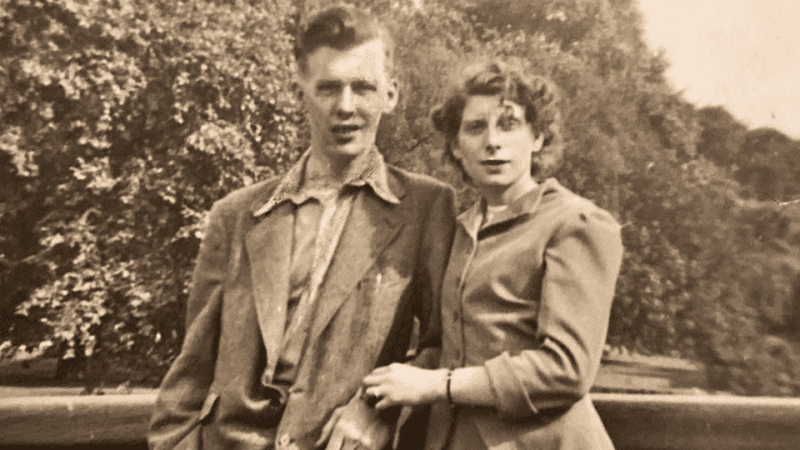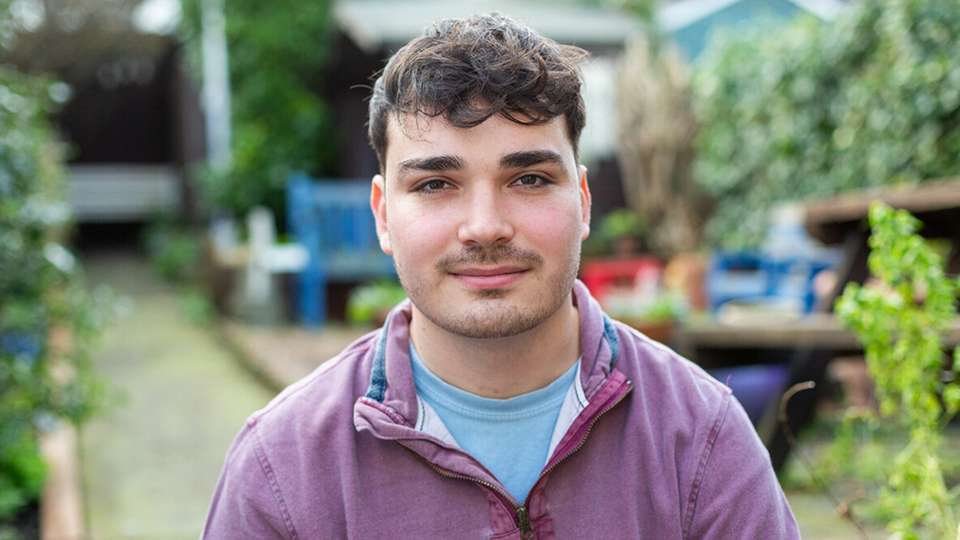
Finding support shouldn’t have to be this hard – Helen’s story
Helen shares her family’s experiences of trying to navigate the fragmented health and social care system after her mum was diagnosed with Alzheimer’s disease.
Sundowning is a term used for changes in behaviour that occur in the evening, around dusk. Some people who have dementia experience a growing sense of agitation or anxiety at this time.
Sundowning often makes the person with dementia feel very strongly that they are in the wrong place. They might say they need to go home, even if they are at home, or that they need to pick the children up from school, even if they’re now adults. Other symptoms might include shouting or arguing, pacing, or becoming confused about who people are or what’s going on around them.
Sundowning has several causes. As the day goes on, the person with dementia becomes more tired, and this can lead to their dementia symptoms worsening. Hunger, thirst and physical pain can also play a part.
As darkness falls, streetlights come on and people settle in for the evening. These changes can make the person increasingly concerned that they are in the wrong place, or that they have forgotten to do something vital during the day.
If you need advice on any aspect of dementia, please call our free Dementia Helpline on 0800 888 6678 (Monday-Friday 9am-9pm, Saturday and Sunday 9am-5pm, every day except 25th December), email helpline@dementiauk.org or you can also book a phone or virtual appointment with an Admiral Nurse.
Our virtual clinics give you the chance to discuss any questions or concerns with a dementia specialist Admiral Nurse by phone or video call, at a time that suits you.

Helen shares her family’s experiences of trying to navigate the fragmented health and social care system after her mum was diagnosed with Alzheimer’s disease.

Mike Parish, Founder of the LGBTQ+ Dementia Advisory Group, shares his journey caring for husband Tom and overcoming the fear of stigma.

When Elliott’s father was diagnosed with young onset Alzheimer’s disease in his fifties, family life was changed forever.